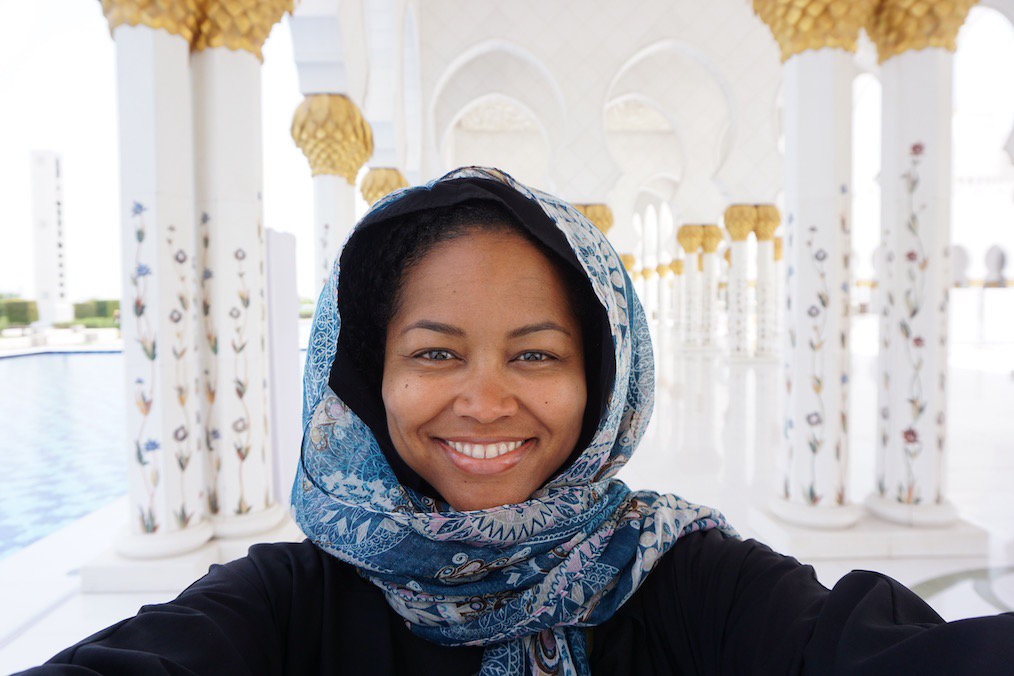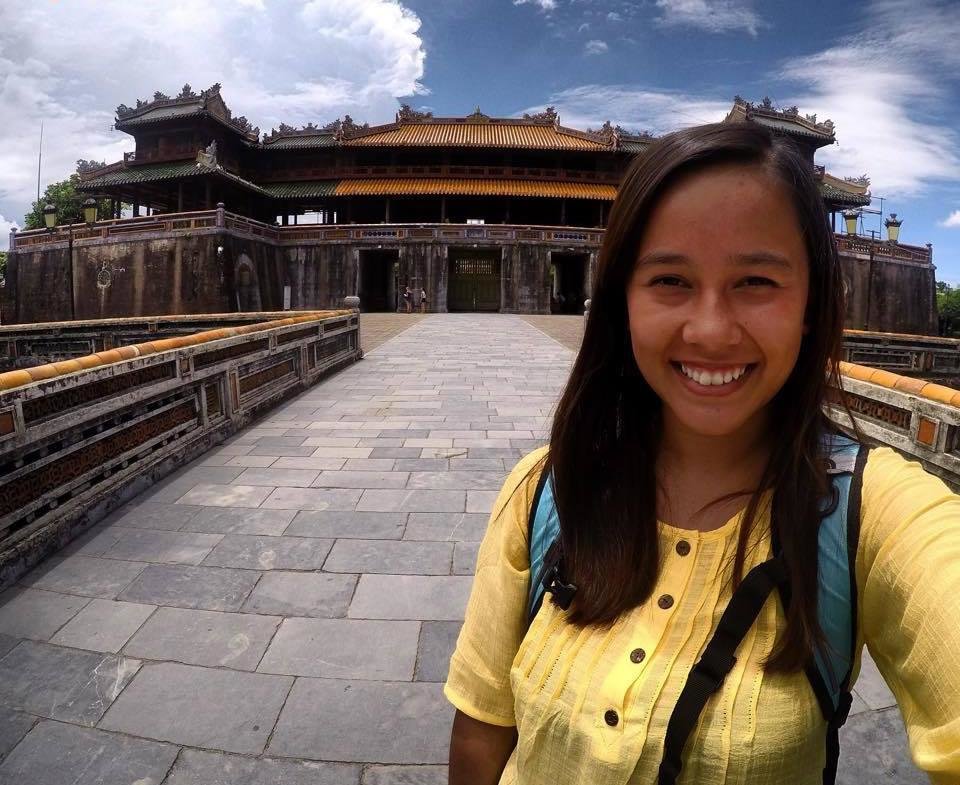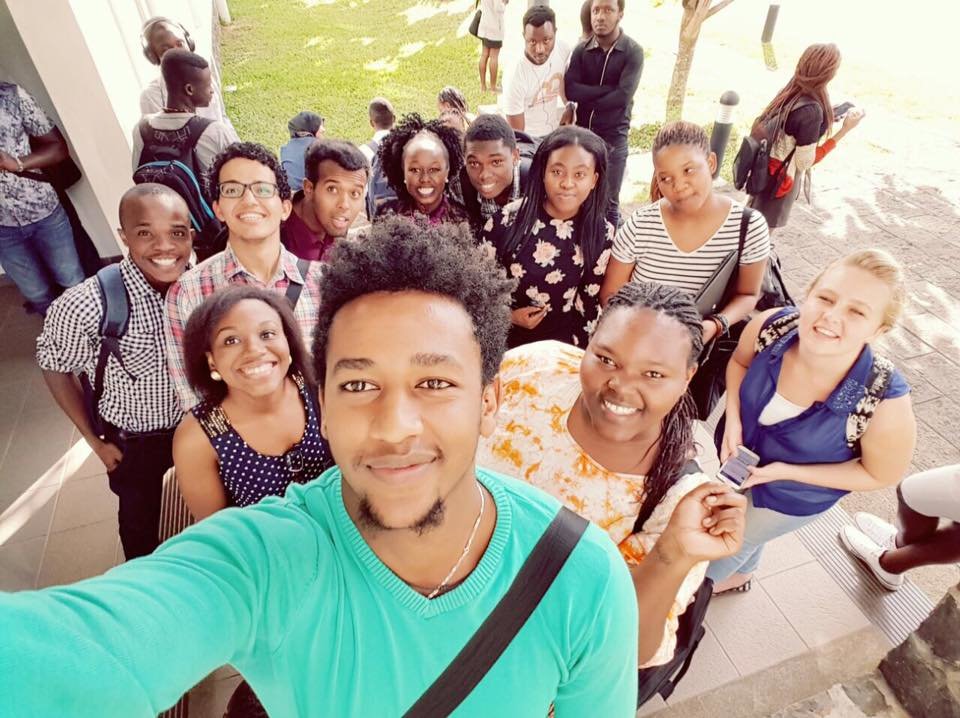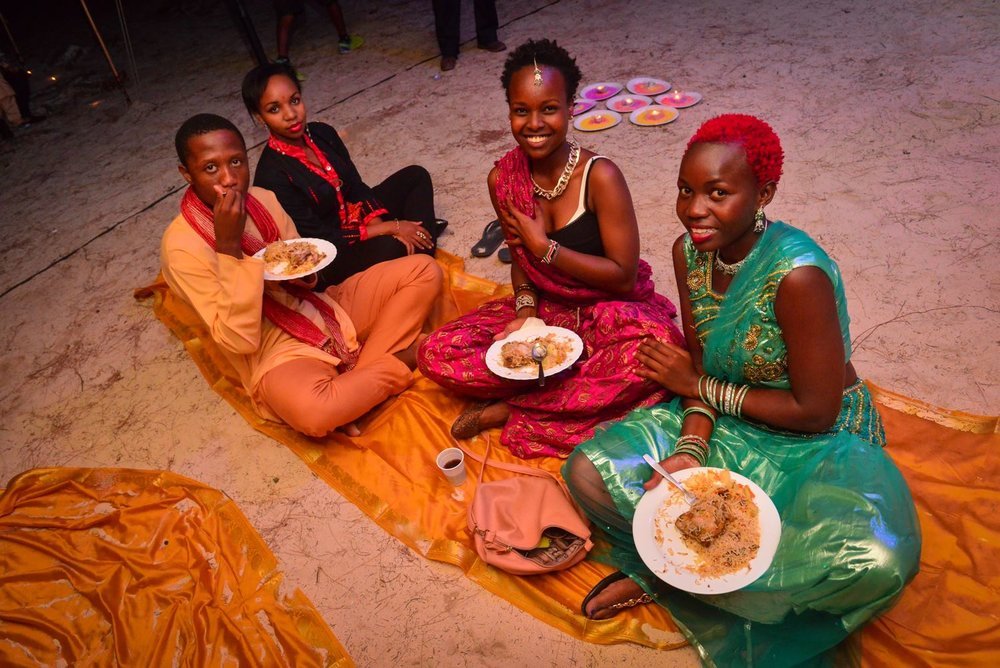What to Know About Studying Abroad as a Minority

Want to study abroad but not sure if it’s for you or even where to start? Maybe you’ve seen the brochures but you haven’t seen anyone who looks remotely like you in them. That was me before I decided to go see firsthand what studying abroad was really all about. I didn’t know how I was going to be able to pay for it, or how I would be treated once I arrived, but I let curiosity lead me.
What I discovered was life-changing. Studying abroad was without a doubt the most profound experience I had while in college. One study abroad program quickly multiplied into four -- Costa Rica, Chile, Cuba, and back to Costa Rica -- and it eventually led me to a life and career overseas as an expat. Here is what I wished those brochures had mentioned about studying abroad as a minority student.
Read more: Why Don't More Minorities Study Abroad?
Studying Abroad Could Be Cheaper than Staying On Campus
.jpg?itok=GPWo3uMm)
Not to assume that all minority students are strapped for cash, but this was the case for me while attending college. At first, I couldn’t imagine studying abroad because I didn’t know where I was going to come up with the money. In my mind, study abroad was an extra expense, and I just wasn’t sure I could afford it.
It turned out that I was able to find more scholarships for studying abroad than for a regular semester on campus, including several because of my minority status. I was also able to find a relatively cheap study abroad program. As an out of state student I was spending a fortune on college, but when studying abroad I found a program that wouldn’t consider me an out of state student. And just about everything was packaged into my program, so I didn’t have to worry about what I was going to do on the weekends or how to save money on food because the majority of it was included.
Read more: 15 Study Abroad Scholarships for Minorities
Study Abroad Pays Off -- Even After You Return Home
Years after study abroad, I realized it could pay off in surprising ways. Once I finished grad school and prepared to join the workforce, I had a gaping hole in my resume. As a full-time student, coming from a low-income background, I didn’t have the luxury of completing any unpaid internships to get experience in my field. I had plenty of work experience, but not the type that a serious employer was looking for. I also didn’t have any connections either. I was the first in my immediate family to graduate college and didn’t have an ‘in’ with any companies.
What I did have that set me apart from the rest of the competition was my study abroad experience. It was an immediate conversation-starter and told potential employers more about me than a summer internship. By studying abroad, I showed hiring managers that I took risks, had experience working with people of diverse backgrounds, was open-minded, and spoke a different language.
Even today, 15 years since my first international experience as a student, mentioning that I studied abroad still draws a lot of questions and admiration.
Your Study Abroad Experience Will Be Different than Average Because You’re a Minority

Depending on which country you decide to study abroad in, you can expect a lot of attention, none at all, or something in between. For example, if you have dark skin and study abroad in Norway, you’re going to have a different experience than if you study abroad in South Africa. But both will be different than the average white student’s study abroad experience in those same countries.
As someone with darker skin, I’ve heard it all during my study abroad experience and subsequent travels. I’ve had people assume I was from the host country, going so far as to not charge me for some of our excursions because clearly, I was a local (that happened in Cuba). I’ve also had groups of inquisitive children follow me through a small town, begging me to let them touch my hair or skin (this time in Chile).
While I’ve encountered lots of questions or stares, I’ve chosen to view my ‘unusual’ study abroad and travel experiences as a positive rather than something that takes away from my time overseas. It has always been an opportunity for dialogue and exchange of ideas; I’ve learned as much about my host countries as they have from me -- because I looked different. In many ways, I think I had an even better experience than some of my white counterparts because of the conversations I had.
Read more: 6 Things I Wish I Knew Before Studying Abroad as an African American
You Can Find Community Once Abroad

While studying abroad may be intimidating for minority students simply because they will be without family, friends or even anyone who looks like them for a time, it is possible to find others like you once abroad.
This has become much easier in the age of the Internet and social media. Need a salon to braid your hair? Having trouble finding lotion without skin whitening? Have concerns about being LGBTQ while abroad? There are so many blogs these days that finding someone who is in the same predicament as you is actually very easy.
Don’t let potential homesickness or not being able to find hair products keep you from an amazing experience; with a great study abroad program and the internet, you can solve any problem.
Study Abroad Will Completely Change Your Life

While the experience will undoubtedly be different for everyone, I cannot stress enough how much it completely changed my life. I didn’t know what an expat was before I studied abroad and now I am one with no intention of ever moving back to the United States.
During my last study abroad trip, as a class we visited the U.S. Embassy. I learned of all the jobs that exist overseas and how the embassy works to support those who call a country other than their own home. I also fell in love with each destination. If I hadn’t had that experience, I wouldn’t be where I am today. I found a job I love overseas, I met my husband overseas, and we will create a family overseas and retire overseas.
If I had allowed the fear of the unknown, small inconveniences, or the fact that my minority status would inherently color my experience keep me from studying abroad, my life would look very different today. And while this may be extreme and not the case for everyone, the experience will challenge you and change your worldview.
This post was originally published in February 2018, and it was updated in July 2020.
